Mane Tsaturyan: “Armenia’s Foreign Policy Options Within China’s Belt and Road Initiative: A Small State Perspective”
Place & Time
Date: 20 January, 15:15-17:00
Place: NI:C0933 seminar room, 9th floor, Niagara, Nordenskiöldsgatan 1
Or Online: https://mau-se.zoom.us/j/68831376873, Meeting ID: 688 3137 6873
Bio
Mane Tsaturyan is an International Relations specialist currently working at the Delegation of the European Union to Armenia, where she prepares briefings, assessments, and detailed political reports on developments in Armenia and the wider region. She holds a Master’s degree in European Interdisciplinary Studies from the College of Europe in Natolin, where she was awarded the United Nations Award for the Best Thesis on “Europe, Multilateralism, and the UN.” She also holds a Master’s degree in World Politics from Yerevan State University, and is an alumna of the Diplomatic Academy of the MFA of Armenia. Her areas of expertise include EU foreign policy, multilateralism, the UN, the migration–foreign policy nexus, security, China, and Armenia.
Abstract
How does a small state like Armenia navigate one of the world’s largest infrastructure and economic projects, China’s Belt and Road Initiative (BRI)? In this talk, I will present my research exploring Armenia’s foreign policy choices within the BRI framework, especially after the 2020 Nagorno-Karabakh War. Using small state theory, we will look at the unique challenges and opportunities Armenia faces in balancing security concerns with the desire for economic integration. I will highlight why, despite the BRI being over a decade old, Armenia remains largely outside its main corridors, and what this reveals about the delicate strategies small states use to engage with global mega-initiatives.
Welcome to RUCARR seminar 20th January!



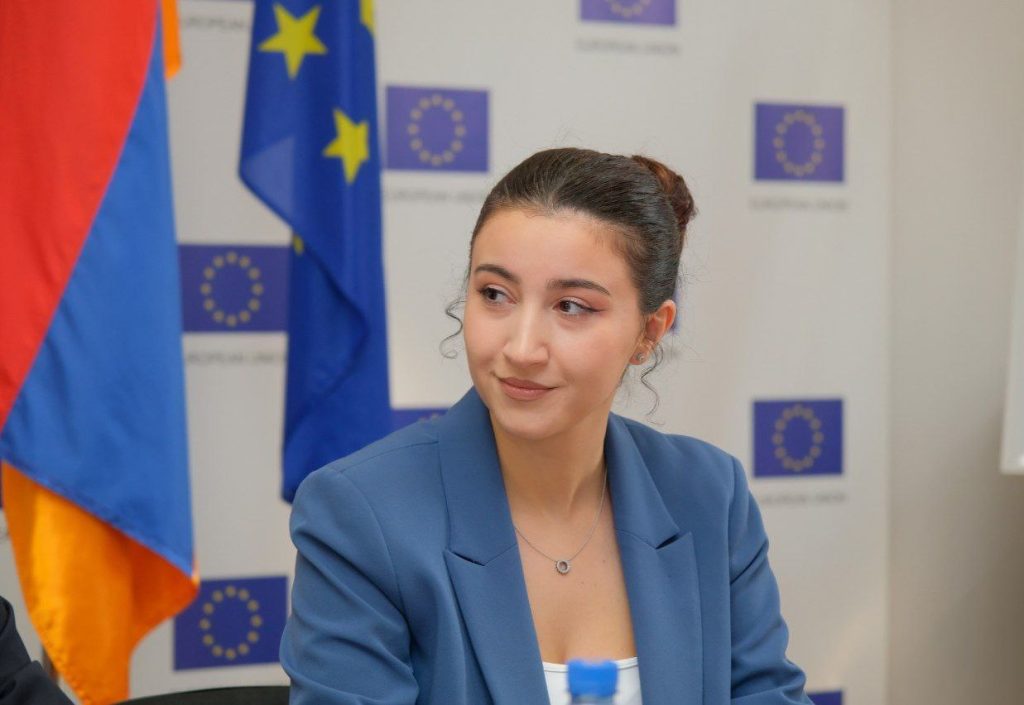
 In an era of resurgent multipolar competition, a fundamental update to our understanding of the reemerging concept of Spheres of Influence (SOIs) is needed. This analysis introduces the “Multi-Modal Sphere of Influence” (MMSOI) as a new analytical framework, positing that contemporary great powers project influence not just via coercion, but through a dynamic interplay of five modalities: military, economic, institutional, normative, and digital. This framework is used to deconstruct the intractable EU-Russia conflict in their “shared neighborhood” by bridging macro-, meso-, and case-level findings. At the macro-level, the core of the conflict is defined by different modalities of competition; this is not a symmetrical power struggle, but a structural clash between incompatible toolkits: the EU’s dominant normative, institutional, and economic modalities colliding with Russia’s reliance on its coercive-military and energy-based toolkit. This overlapping, multi-modal contestation creates, at the meso-level, a paradoxical environment for “in-between” states, granting them new avenues for hedging and agency while simultaneously exposing them to acute risks of coercion and conflict. Finally, the analysis unpacks the EU’s paradoxical role as an “antithetical actor.” While normatively rejecting SOIs, the EU’s institutional and regulatory expansion functions as a powerful, sui generis SOI-building tool, making it an unintentional geopolitical player. This synthesized approach explains the EU-Russia competition not merely as a regional dispute, but as a microcosm of 21st-century multi-modal, multipolar contestation.
In an era of resurgent multipolar competition, a fundamental update to our understanding of the reemerging concept of Spheres of Influence (SOIs) is needed. This analysis introduces the “Multi-Modal Sphere of Influence” (MMSOI) as a new analytical framework, positing that contemporary great powers project influence not just via coercion, but through a dynamic interplay of five modalities: military, economic, institutional, normative, and digital. This framework is used to deconstruct the intractable EU-Russia conflict in their “shared neighborhood” by bridging macro-, meso-, and case-level findings. At the macro-level, the core of the conflict is defined by different modalities of competition; this is not a symmetrical power struggle, but a structural clash between incompatible toolkits: the EU’s dominant normative, institutional, and economic modalities colliding with Russia’s reliance on its coercive-military and energy-based toolkit. This overlapping, multi-modal contestation creates, at the meso-level, a paradoxical environment for “in-between” states, granting them new avenues for hedging and agency while simultaneously exposing them to acute risks of coercion and conflict. Finally, the analysis unpacks the EU’s paradoxical role as an “antithetical actor.” While normatively rejecting SOIs, the EU’s institutional and regulatory expansion functions as a powerful, sui generis SOI-building tool, making it an unintentional geopolitical player. This synthesized approach explains the EU-Russia competition not merely as a regional dispute, but as a microcosm of 21st-century multi-modal, multipolar contestation.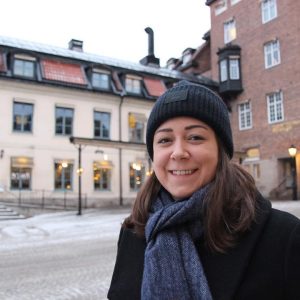
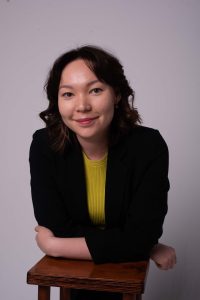
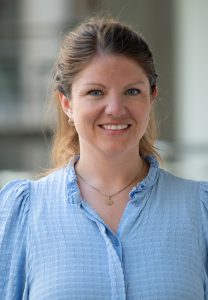
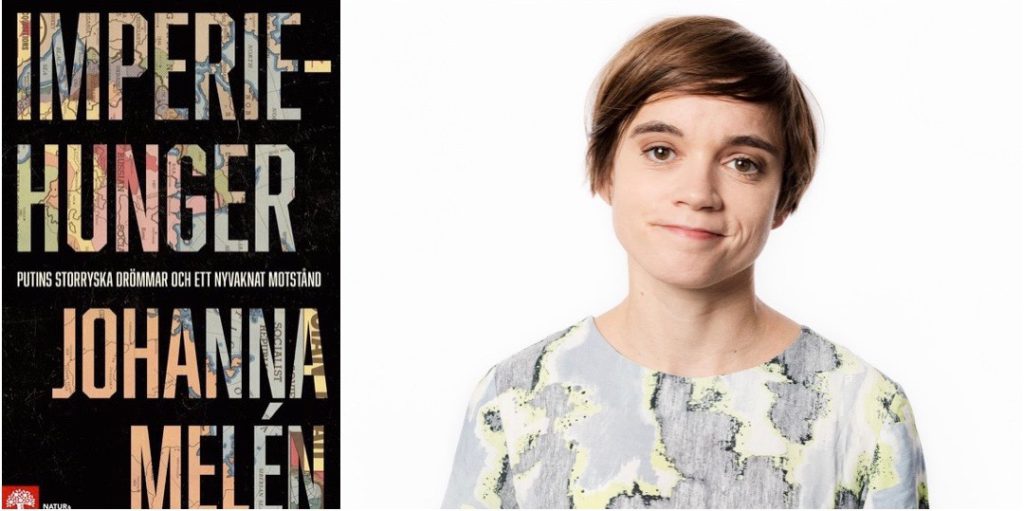
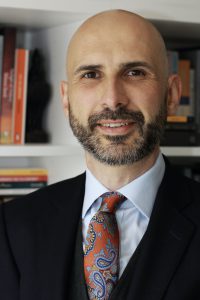 Branislav Radeljić is Professor of International Relations in the Department of Government and Society, United Arab Emirates University. In addition, he serves as Visiting Professor of European Politics at Nebrija University. His scholarly interests focus on European and Middle Eastern political and socioeconomic developments.
Branislav Radeljić is Professor of International Relations in the Department of Government and Society, United Arab Emirates University. In addition, he serves as Visiting Professor of European Politics at Nebrija University. His scholarly interests focus on European and Middle Eastern political and socioeconomic developments. 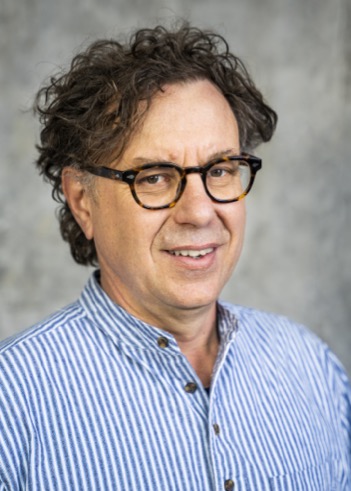 Bio
Bio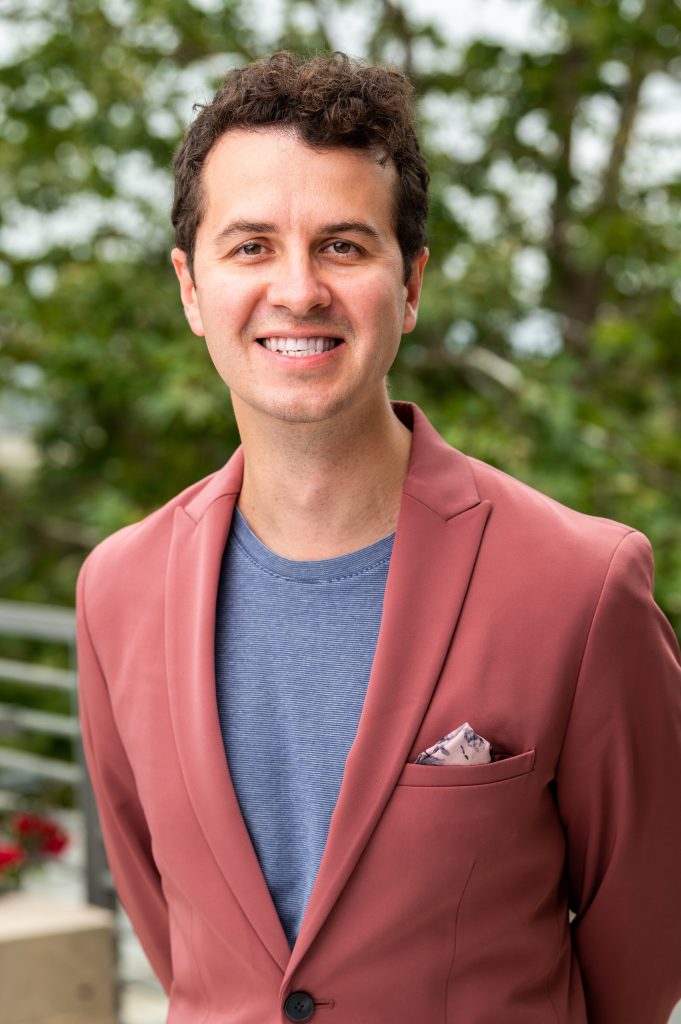 RUCARR seminar with Dr. Vladimir Hamed-Troyansky, Ass. Prof. of Global Studies at the University of California, Santa Barbara:
RUCARR seminar with Dr. Vladimir Hamed-Troyansky, Ass. Prof. of Global Studies at the University of California, Santa Barbara: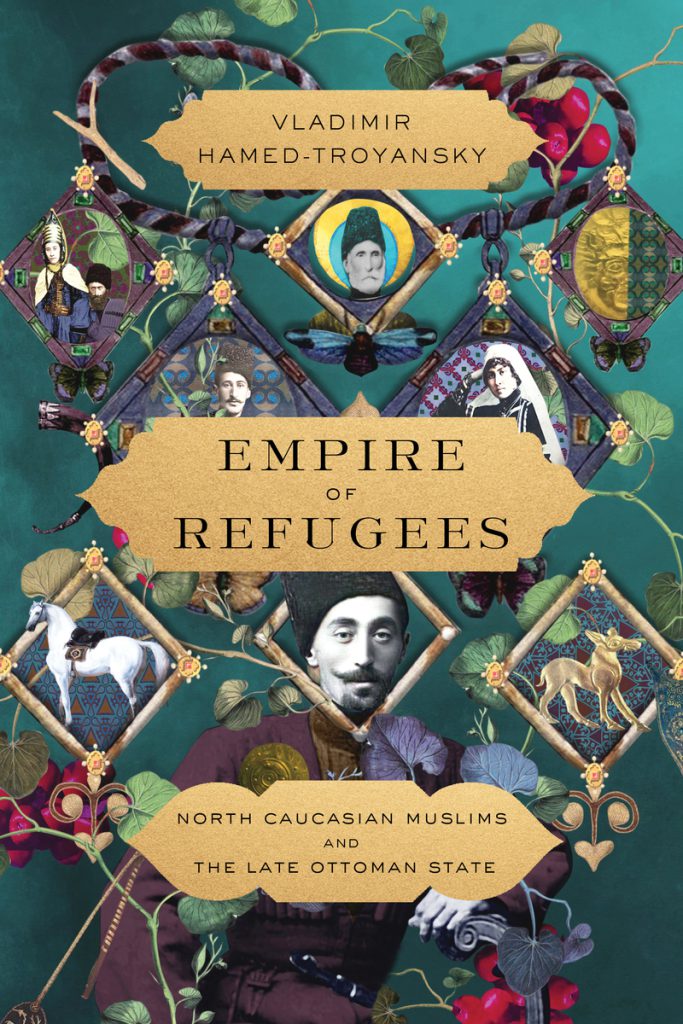 Dr. Vladimir Hamed-Troyansky is a historian of global migration and forced displacement and Assistant Professor of Global Studies at the University of California, Santa Barbara. His research examines Muslim refugee migration and its role in shaping the modern world. He is the author of Empire of Refugees: North Caucasian Muslims and the Late Ottoman State (Stanford University Press, 2024). His articles appeared in Past & Present, Comparative Studies in Society and History, International Journal of Middle East Studies, Slavic Review, and Kritika. He received a Ph.D. in History from Stanford University and served as a postdoctoral fellow at Columbia University.
Dr. Vladimir Hamed-Troyansky is a historian of global migration and forced displacement and Assistant Professor of Global Studies at the University of California, Santa Barbara. His research examines Muslim refugee migration and its role in shaping the modern world. He is the author of Empire of Refugees: North Caucasian Muslims and the Late Ottoman State (Stanford University Press, 2024). His articles appeared in Past & Present, Comparative Studies in Society and History, International Journal of Middle East Studies, Slavic Review, and Kritika. He received a Ph.D. in History from Stanford University and served as a postdoctoral fellow at Columbia University.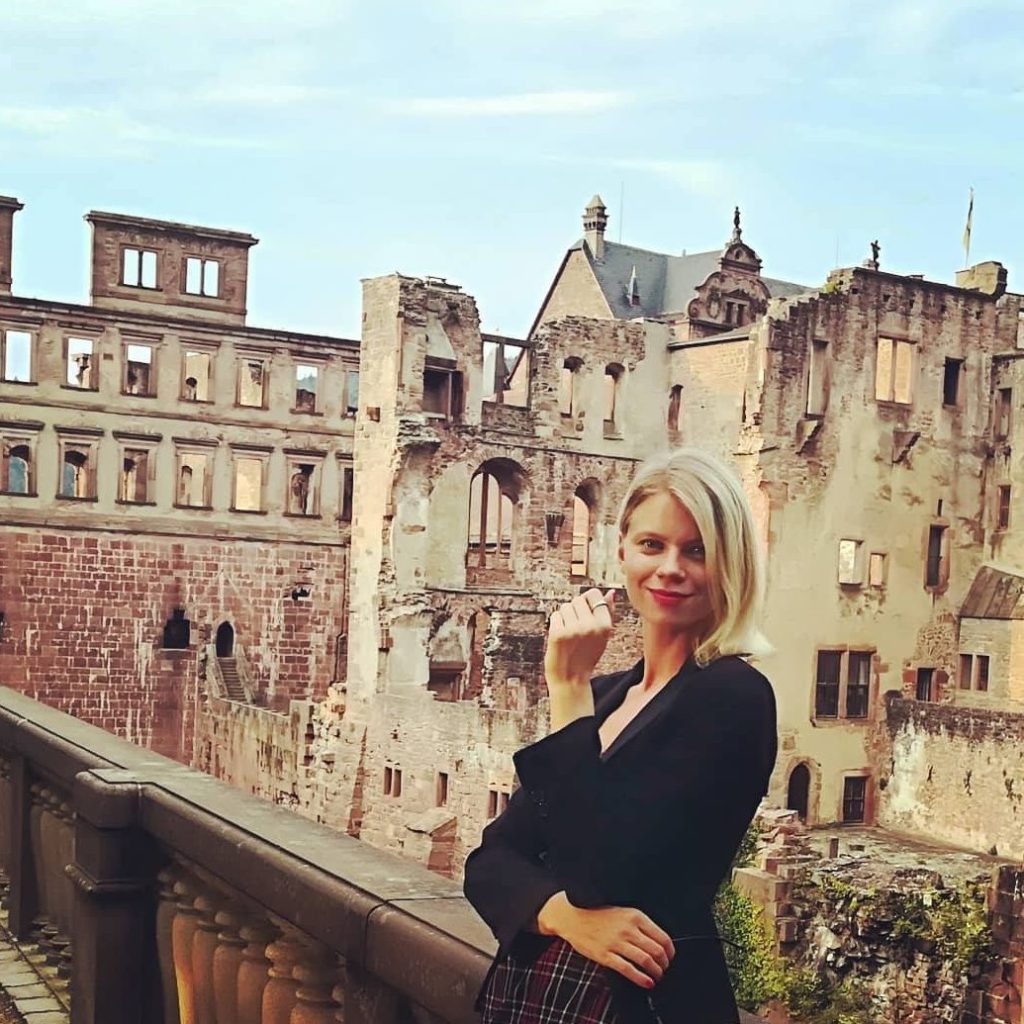 When: March 12, 2024, 15.15-16.30
When: March 12, 2024, 15.15-16.30